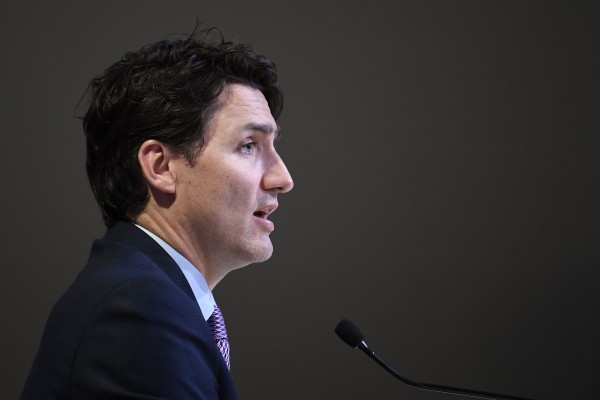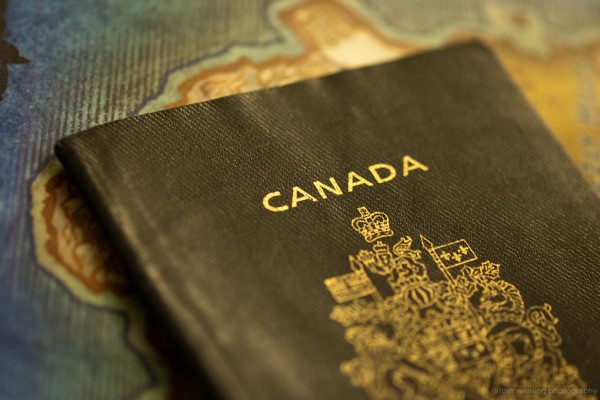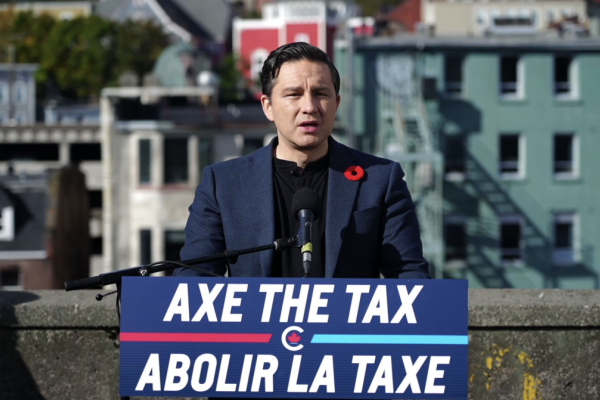Modest rental supplements aren’t enough. We need more public housing now
The BC NDP should be pulling out all the stops to ensure renters are fully protected

Downtown Eastside, Vancouver, during the coronavirus pandemic, April 19, 2020. Photo from Flickr.
After the spread of COVID-19 resulted in massive job losses, provincial governments across Canada have over the past few weeks patched together various measures aimed at protecting renters from evictions and financial ruin. Although British Columbia’s NDP government was slow off the mark in banning evictions, it is so far the only provincial government (besides PEI) to have introduced financial support specifically for renters, in addition to a freeze on rent increases. However, despite providing more support than other provinces, the BC government’s measures still fail to ensure renters will be protected when emergency measures are eventually lifted.
First announced on March 25, the BC government’s Temporary Rental Supplement was initially touted by Premier John Horgan as a $500 per month “much-needed financial relief to renters and landlords,” to provide support for April, May and June 2020. As details emerged, however, it become apparent the monthly disbursement would be made on a per-household (rather than per-individual) basis, and only households with dependents would qualify for the payment, whereas as households with no dependents would receive only $300 per month. The supplement also comes with several conditions: applicants must have a 2019 gross annual income of less than $74,150 for singles and couples without dependents (and $113,040 for households with dependents), provide evidence of having experienced a 25 percent reduction of monthly income due to the pandemic, and pay more than 30 percent of their income towards rent. After the applicant jumps through these hoops, the benefit payments will be made directly to the tenant’s landlord.
Even with the federal government’s Canada Emergency Response Benefit (CERB), which provides $2,000 per month for those out of work due to the pandemic, and BC’s one-time $1,000 Emergency Benefit for Workers (for those who qualify for CERB), successful applicants will have to hand over at least the lion’s share of their benefits directly to landlords (leaving almost no income for food and other expenses), or, unless they have an understanding landlord, fall into rent debt. According to RentBoard.ca, average rent in Vancouver currently costs $2,252 per month for a one-bedroom apartment, and $2,983 per month for a two-bedroom apartment.
The BC government advises: “The legislation still requires that tenants pay rent in full and on time,” and, therefore, “A tenant who has not paid rent could face eviction once the state of emergency is over.” Landlords are not obliged to forgive rent and the province has given no indication it will cover any outstanding rent owed in arrears. When the eviction ban is finally lifted, are we going to see potentially thousands of people thrown out of their homes?
Blindspots in the rental supplement program have also emerged. Landlords are reportedly refusing to fill out necessary paperwork for applicants living in illegal suites, a problem that could apply to thousands of renters. Although BC landlords are not allowed to issue formal eviction notices, reports indicate renters are still being threatened with consequences for non-payment of rent through other channels.
As a party that campaigned in the 2017 provincial election as being on the side of renters, the BC NDP should be pulling out all the stops to ensure renters are fully protected during and after the pandemic eventually subsides, rather than offering only slightly better provisions and protections than conservative governments in other provinces.
Advocates are calling for a total pause on rent and mortgage payments, and in some cases for rent strikes. The province must provide assurances that tenants will be protected once the eviction ban is lifted. The Vancouver Tenants Union is campaigning to have all outstanding rent and eviction notices cancelled after the moratorium ends. “Essentially, our hope is that people can use this time to organize buildings across the city, and really fight for their rights and not go into a situation where they’re taking on debt or draining their savings,” VTU steering committee member Mazdak Gharibnavaz told the Huffington Post last month.
A relationship between a landlord and renter is inherently exploitative—there is no other way to describe relying on someone else’s paycheque to cover a mortgage or acquire income. The COVID-19 crisis has laid bare this fundamentally unequal relationship, with many landlords and property management companies across the country demanding struggling renters immediately hand over their emergency benefits, threatening tenants in Ontario with eviction notices, and generally expecting rent collection to proceed as usual, all while receiving payments that amount to landlord bailouts.
Meanwhile, homeless populations are at particularly high risk during the pandemic. The City of Victoria has called on the provincial government to requisition hotels and motels to shelter the city’s homeless population. In Vancouver—which received $13.5 million from the federal government for purchasing beds or physical barriers and securing accommodations—advocates say there is no sign the city has yet sheltered homeless people, despite Mayor Kennedy Stewart announcing earlier this month that BC Housing had secured hundreds of hotel rooms. On April 19, dozens of homeless activists were arrested for occupying Lord Strathcona School, with one explaining: “They said there were places for us to go, [but] there’s not anything being done for the people on the street.”
In addition to highlighting a lack of political will to provide renters and homeless populations with sufficient aid at their time of greatest need, this crisis exposes the deeper problem with relying on private markets to provide housing. Modest financial supplements will not fix this problem. Only a program of massive public housing development can provide the secure housing needed to weather the storm of COVID-19, and inevitable future crises.
Alex Cosh is a writer and graduate student based in Powell River, British Columbia. He writes for PressProgress, and is the Opinions Editor at rabble.ca.










